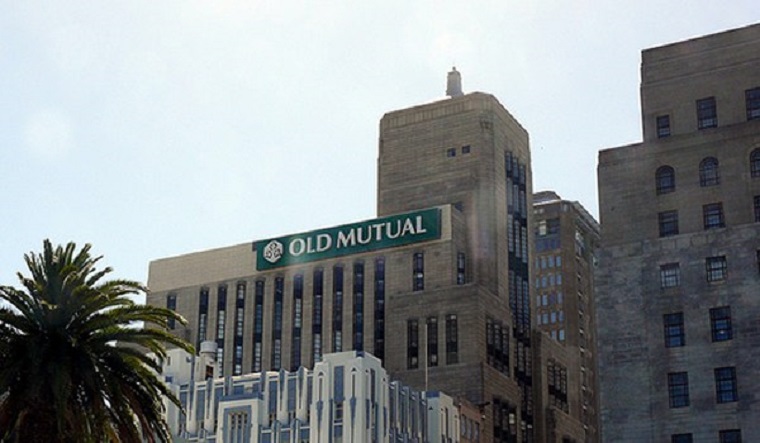Old Mutual is trading three times higher on the Zimbabwe Stock Exchange compared to its primary listing on London Stock exchange (LSE), indicating that local assets are overvalued as punters seek to maximise value in Zimbabwe’s currency chaos.
Old Mutual has a primary listing on the London Stock Exchange (LSE) and secondary listings in South Africa (on the Johannesburg Securities Exchange – JSE), Malawi Stock Exchange (MSE), Namibian Stock Exchange (NSX) and Zimbabwe.
Old Mutual shares are fungible, which allows the trading of its shares on the Zimbabwe register in the other markets.
In June last year, the Reserve Bank of Zimbabwe increased the fungibility limit of Old Mutual shares from 40 percent to 49 percent.
All things being equal, the concept of “one price’ would imply that the same Old Mutual share listed on the ZSE should price the same with other listings, for example on LSE and JSE .
“Given that the economy operates well, Old Mutual shares should be almost equal across all stock exchanges, with no arbitrage opportunities. For instance if you compare Old Mutual share price on LSE and JSE, you will see that there is no arbitrage opportunity” said an analyst.
However, this has not been the case in Zimbabwe, since the introduction of the surrogate currency, bond notes, last year — Old Mutual started to trade at a premium relative to its price on other stock exchanges.
Old Mutual closed at 783 cents on the ZSE on Friday, while trading at 263.32 cents and 263.61 cents on the LSE and JSE, respectively, during the day.
This discrepancy of a cross listed share gives room for the simultaneous buying and selling of the shares, in different markets in order to take advantage of differing prices for the same share. For instance on Thursday one could buy the Old Mutual share from either LSE or JSE and sell it 198 percent higher (treble) on the ZSE.
For a year, Old Mutual on the ZSE has been trading above other Old Mutual shares listed on the LSE and JSE starting from 15 September last year (according to the prevailing exchange rate) when it traded at 270 cents relative to 258.45 cents on LSE and 267.79 cents on JSE.
Continued next page
(682 VIEWS)







0 Comments